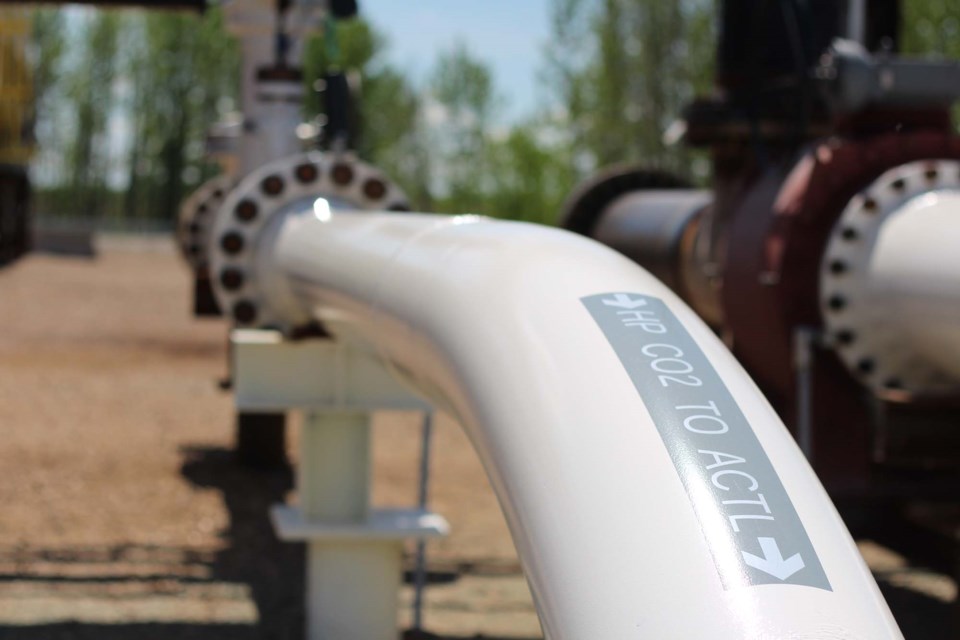A group of civil society organizations is urging Canada’s federal environment minister to require an impact assessment of a carbon capture and storage (CCS) megaproject in northeast Alberta.
Pathways Alliance’s $16-billion Foundational Project aims to pump millions of tonnes of carbon dioxide from oilsands operations in northern Alberta to an underground storage hub in the Cold Lake region. With between 16 and 19 injection wells and over 650 kilometres of main and connecting pipelines in the transportation network, it would be the largest CCS project in Canada.
“Allowing a project this size to proceed without an environmental assessment is unacceptable,” states a letter sent on behalf of 38 environmental and civil society groups to the federal environment minister on Feb. 11.
The undersigned include Environmental Defence, Keepers of the Water, the National Farmers Union and Canadian Association of Physicians for the Environment.
The group says Pathways Alliance is refusing to share information about the risks associated with the project and the “communities that would bear all of the risks from the project deserve to have their questions answered.”
“An environmental assessment is a normal part of due diligence and a standard step across Canada when assessing projects of this size. It’s an opportunity to look at the project as a whole and ensure all environmental, economic, health and social impacts — as well as impacts on the inherent, Aboriginal, and Treaty rights of Indigenous Peoples — are identified before a project is approved,” the letter to Environment Minister Steven Guilbeault says.
The group cites carbon dioxide leaks from the pipeline, threats to groundwater from increased CO2 in underground aquifers, and stress to watersheds as safety and health hazards they say have been overlooked by regulatory bodies.
The letter supports a request for a federal impact assessment of the project made by Beaver Lake Cree Nation, Cold Lake First Nations, Frog Lake First Nations, Heart Lake First Nation, Kehewin Cree Nation, Onion Lake Cree Nation, and Whitefish (Goodfish) Lake First Nation #128 in late November.
The eight First Nations said the “massive and unprecedented project” has potential adverse impacts on health, safety, social, and environmental conditions, as well as risks of polluting surrounding waterways.
Guilbeault would normally have 90 days to make a decision about designating the project under the federal Impact Assessment Act. But at the request of Pathways Alliance, the Impact Assessment Agency of Canada (IAAC) suspended the time limit.
The oilsands consortium had initially been asked to make a submission to the IAAC by Dec. 23, 2024, but asked that the deadline be extended because of the “significant amount of information requested and level of detail.”
Pathways Alliance claims the proposed CCS project will store 10 to 12 megatonnes of carbon dioxide underground annually by 2030, about a quarter of the yearly emissions from operations of the six member oilsands companies.



